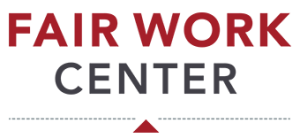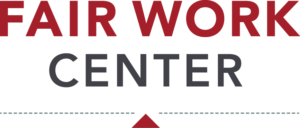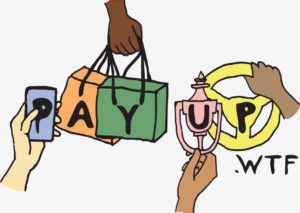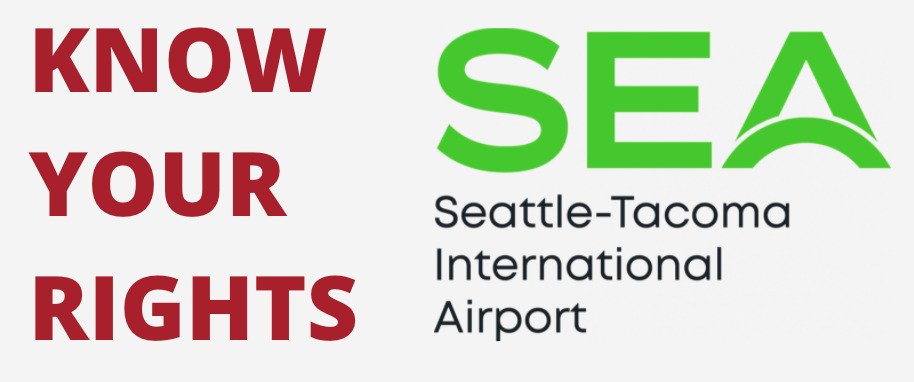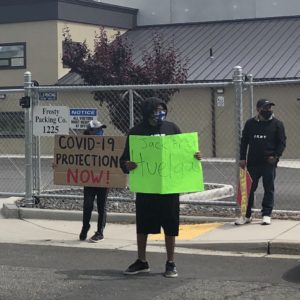Celebrating 14 New Health & Safety Promotores in Yakima
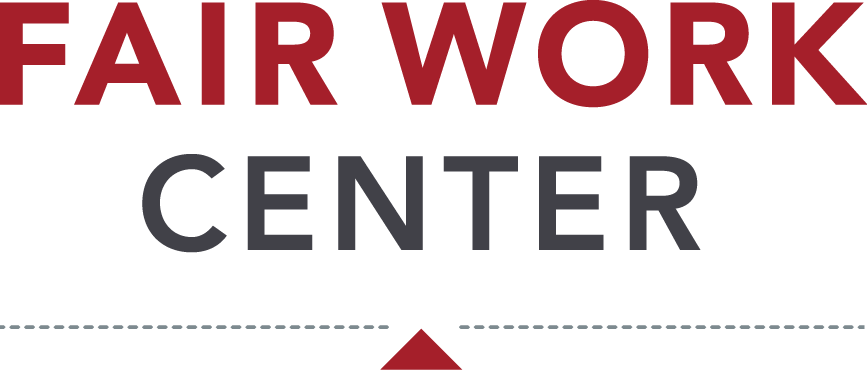
Haga clic aquí para leer esta noticia en español.
Earlier this month, 14 workers in Yakima became the first group to complete Fair Work Center’s new Health and Safety Promotores training program. These workers are growing their leadership and helping to ensure everyone in their community has the knowledge they need to stand up to mistreatment at work.
The program is designed to create a network of worker-leaders who understand their rights, and who become trusted resources, sharing vital know-your-rights information in their own communities and workplaces.
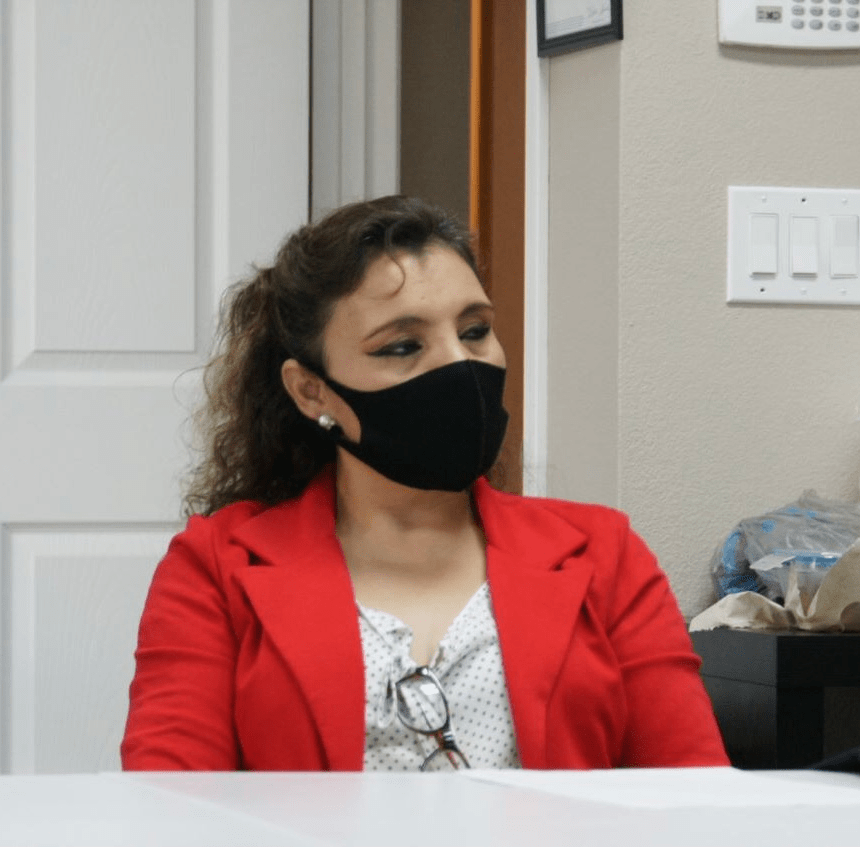
“In my time working here in Washington state, I’ve been the victim of injustices, and I’ve heard from so many other workers who’ve also been treated poorly. I now realize that many of these injustices were violations of the rights we have as workers. That’s the main reason that I decided to learn more about my rights and share my knowledge with other workers.
Knowing your rights gives you a level of protection as a worker, because you know that no employer can humiliate you or make you feel small and powerless. Knowing your rights and knowing how to put them into practice helps all of us win respect and safety. For me, knowing my rights is like removing a blindfold from my eyes.”
—GRACIELA
“I was motivated to participate in this program because I believe workers need safe working conditions to reduce the risk of contracting COVID-19. It’s so important to understand and stand up for our rights at work. We’re facing a reality where our employers don’t respect our rights — some of the big companies don’t even recognize that we have rights at all. We have to motivate and mobilize our fellow workers so that our employers respect us, protect us, and guarantee our labor rights.”
—ESTEFANI
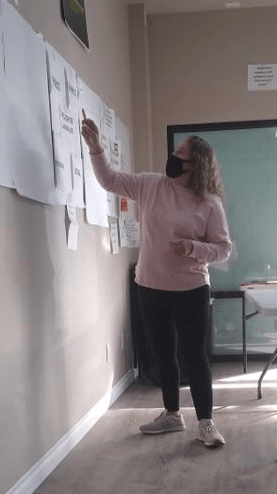
Over the course of the month-long program, participants attended a total of sixteen hours of training—physically distanced and masked—in order to get their certification. Workers learned about their basic rights related to health and safety at work, about the state laws that protect their rights, and the agencies where they can file complaints if they believe those rights are being violated.
Upon completing the program, each Promotor will give health and safety trainings to at least four other workers in their circles and communities. This model will create a wide network of worker-experts who serve as trusted sources of information about workers’ rights.
“I’ve learned a lot and I’m no longer afraid to ask questions about my rights when I’m at work. I’d say this to other workers in Yakima and across the state: learn about your rights so that you’re not afraid to confront whatever problem comes up where you work. And I’d also say that there will always be people who support us, because we’re not alone in this struggle. I feel happy and more confident in myself knowing that I’ll be able to make sure nobody violates my rights or tries to silence my voice.”
—MIREYA
